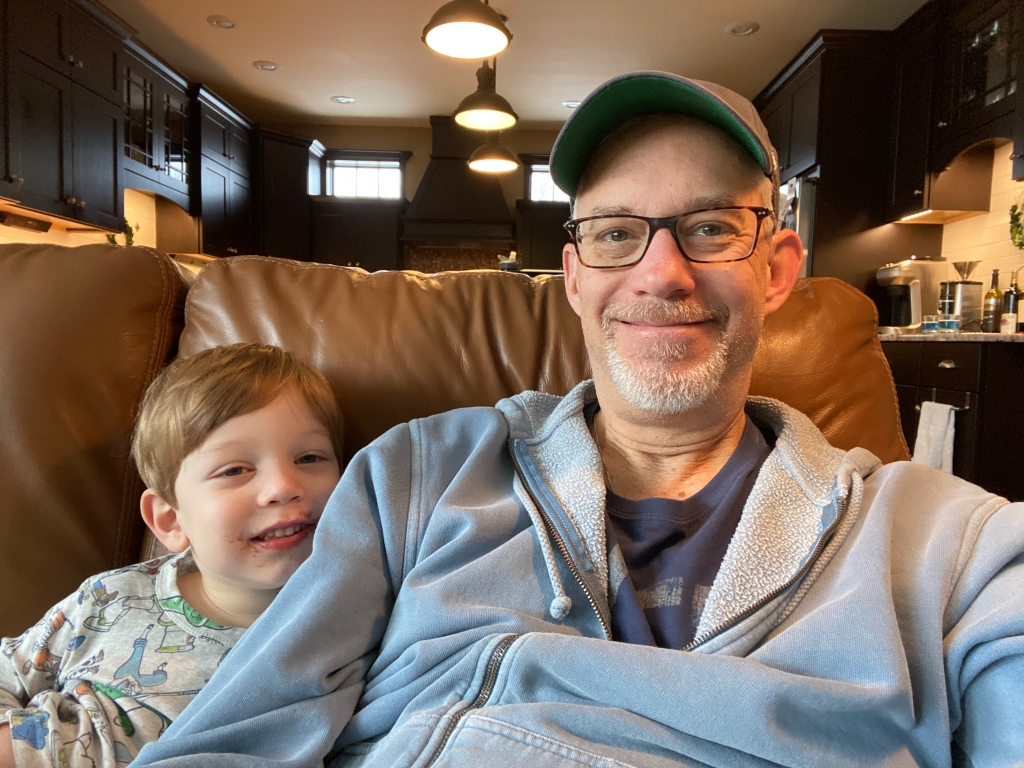
Music, Ritual, & Meaning (CaD Ps 118) – Wayfarer
Give thanks to the Lord, for he is good;
his love endures forever.
Psalm 118:29 (NIV)
Music plays such a fascinating role in the human experience. Music has the power to express thought and emotion in ways more potent than the mere words themselves. Music has a unique ability to bring people together in unity, even complete strangers. It happens in sporting events, in religious events, civic ceremonies, and virtually every birthday party you’ll go to or happen upon. Music is typically a part of every funeral service. I personally can’t hear Taps without it stirring emotion in me.
Last week I mentioned in these chapter-a-day posts that Psalms 113-118 make up series of songs known at the Hallel in Hebrew. They are the songs sung throughout the Hebrew feast of Passover. Today’s chapter, Psalm 118, is the final song. The lyrics were originally written to be a song of Thanksgiving that the king would sing with the people after a great victory. The “king” does most of the singing the way this song was structured, singing verses 5-21. In verses 22-27 the people rejoice over what God has done. The king then sings the final two verses.
What I found interesting as I read through and mulled over the song in the quiet this morning, is that it’s traditionally believed that Jesus and His followers were eating the Passover meal together the night He would be betrayed and arrested. If this is true, it is very possible that when Matthew records “When they had sung a hymn, they went out to the Mount of Olives” it was Psalm 118 they were singing.
With that in mind, I went back and read the lyrics again, this time I imagined Jesus singing the part of the king and His followers the part of the people. Jesus knew what was about to happen. He predicted it on multiple occasions and he pushed the buttons that put into motion the political mechanism that would seal His earthly fate. I read the lyrics, placing myself in Jesus’ sandals, knowing what was about to happen the next day and on the third day.
It gives the lyrics a whole new layer of meaning as He sings:
The Lord is with me; I will not be afraid.
What can mere mortals do to me?
I will not die but live,
and will proclaim what the Lord has done.
Open for me the gates of the righteous;
I will enter and give thanks to the Lord.
This is the gate of the Lord
through which the righteous may enter.
And as his disciples sing:
The stone the builders rejected
has become the cornerstone;
the Lord has done this,
and it is marvelous in our eyes.
When, after the resurrection, Peter is brought to trial before the very same religious leaders who put Jesus to death, it is this lyric that Peter quotes back to his accusers (Acts 4:11). Could it be that Peter was, at that moment, remembering singing those lyrics that fateful night just weeks earlier when he himself rejected and denied knowing Jesus?
And then I thought of Jesus, knowing that He is about to be betrayed, arrested, beaten, flogged, mocked, and crucified, singing the final words of Psalm 118 and it being the last song He would sing on His earthly journey:
Give thanks to the Lord, for he is good;
his love endures forever.
In the quiet this morning, I once again find the irony (perhaps divine appointment?) of reading these songs during the season of Lent when followers of Jesus focus our thoughts and spirits on Jesus’ final days, His crucifixion, and His resurrection. Music plays a part in the remembrance, just as Psalm 118 likely played a part in Jesus’ remembrance of God’s breaking the bonds of Hebrew slaves and delivering them out of Egypt. Music, ritual, and meaning are threads that connect the three human events. The Exodus, the Passion, and my celebration of the Great Story in this season.








